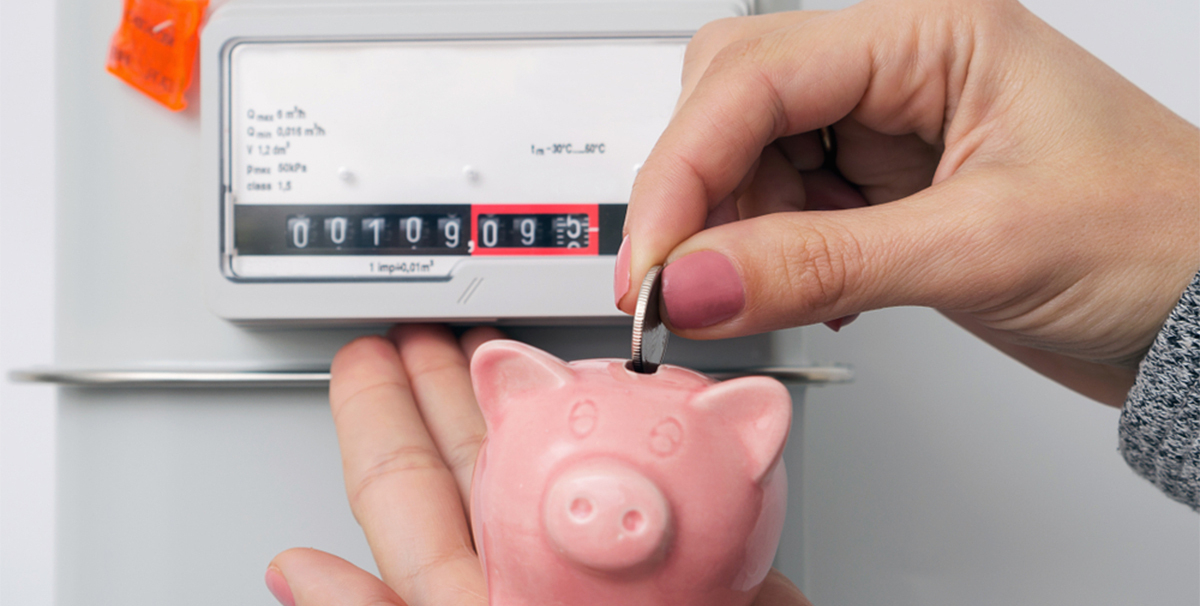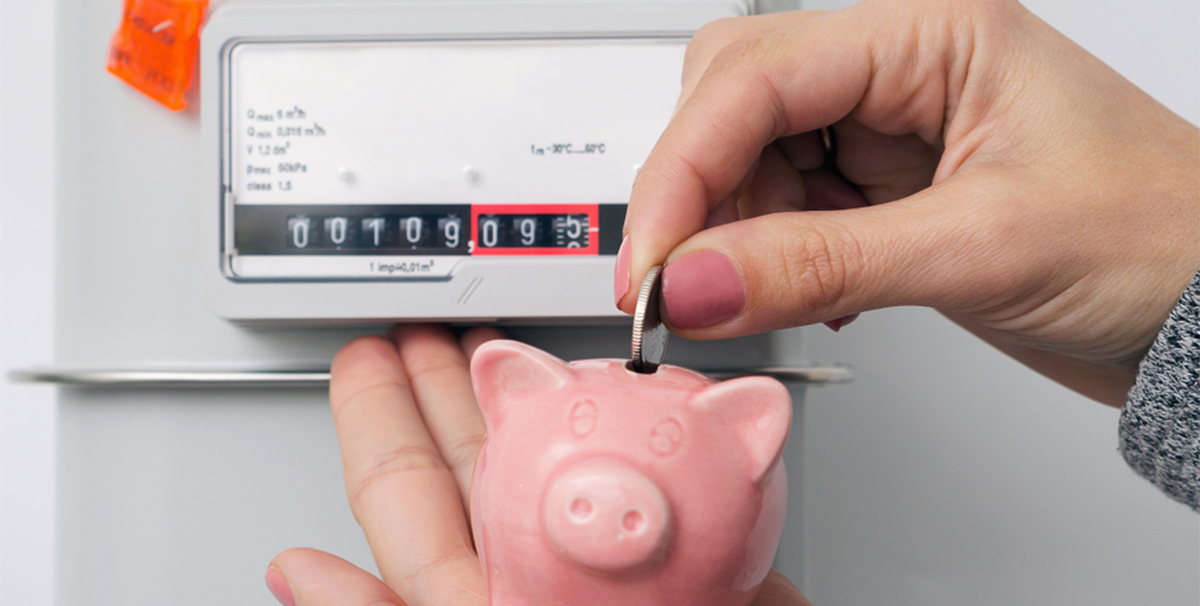Top Budget-Smart Tips to Improve Personal Money Management


Managing money wisely is one of the most important life skills, yet it’s rarely taught in schools. Whether you're a working professional, a student just starting out, or someone trying to stretch your income, learning budget-smart money management strategies can make a real difference. With so many distractions and spending temptations today, staying financially grounded requires more than just good intentions, it demands clear, practical actions. This guide combines practical strategies to manage money better, useful for beginners and those looking to improve their existing habits.
Rather than just cutting costs, the goal is to understand your relationship with money and use that understanding to make smarter choices. From traditional tips to lesser-known methods by financial experts, here’s a complete guide to building strong personal money management strategies that actually work.
Creating a system for managing your finances can seem overwhelming at first, but once you break it into clear steps, it becomes manageable and even motivating. Here are smart, tested strategies that can help you save more and spend with purpose:
One of the most overlooked personal money management strategies is simply knowing where your money goes. Until you track your income and spending for at least one full month, you're likely missing the full picture of your financial behavior.
Use budgeting tools like YNAB (You Need A Budget) or simple Google Sheets.
Track not just big bills, but small purchases like coffee, snacks, or online subscriptions.
Categorize expenses like needs, wants, and irregulars (annual insurance, gifts, etc.).
Recommended by financial expert Dave Ramsey, the zero-based budgeting method gives every dollar a job, even before you spend it. This makes you more mindful and disciplined.
Income minus expenses should equal zero.
Allocate money for saving, debt repayment, essentials, and even fun, just plan it all.
Adjust monthly as your income or priorities shift.
Not all expenses matter equally. According to the Pareto Principle, 80% of your financial success comes from 20% of your actions. Focus on the few high-impact decisions.
Pay attention to big wins like housing costs, major debts, and investment decisions.
Avoid focusing too much on tiny cuts like skipping a $3 coffee if your rent is 60% of your income.
Reallocate large recurring expenses (car, phone plan, rent) to see quicker savings.
Behavioral economists like Dan Ariely have found that automation removes the emotion and inconsistency from money choices. This applies to saving, investing, and even bill payments.
Set auto-transfer to savings or an emergency fund right after payday.
Automate recurring bills to avoid late fees.
Use "round-up" saving apps that invest your spare change.
Though old-school, this budgeting technique has found modern applications via apps like GoodBudget. It forces discipline by limiting spending per category.
Divide your budget into categories (food, entertainment, transport).
Allocate fixed cash or app balance for each and spend only from that.
Once an envelope is empty, that’s it for the month.
Personal finance author Ramit Sethi encourages this modern strategy, where you spend freely on what you love and cut mercilessly on what you don’t.
Prioritize expenses that bring joy or improve your life.
Cancel or cut back on things you don’t use or value (e.g., unused gym memberships).
Build a “Guilt-Free Spending” budget segment, guilt-free because it’s planned.
Students or those living paycheck-to-paycheck should focus first on small, manageable savings goals. Big emergency funds can feel impossible at first, which is demotivating.
Start with Rs 5,000-10,000 as your “micro-buffer.”
Store it in a digital bank with no ATM card access to avoid impulsive use.
Use it only for real emergencies, not for sales or dinners out.
This is one of the most practical but lesser-known strategies to manage money, especially for students and families.
Create mini savings pots for upcoming costs like birthdays, car service, school fees, etc.
Add a small amount monthly so you're not caught off guard when the bill comes.
Use separate savings accounts or budgeting apps to manage these.
Don’t wait for a “perfect time” to get your finances in order. Start with what you earn now, use the tools that are freely available, and take one step at a time. Even small, consistent efforts, like saving just 10% of your income or budgeting your weekly spending, can lead to major progress in a year.
These budget-smart techniques are life skills. Over time, they give you more freedom, more choices, and less worry. Whether you’re looking for money management strategies for students or advanced personal finance systems, what truly matters is that you start today.

Hi, I’m Rimsha Arif, a writer focused on helping people save money by sharing practical tips and useful information about coupons, promo codes, and smart shopping. From fashion and groceries to travel and everyday essentials, my goal is to make it easier for you to shop wisely, save more, and get the most value out of every purchase.









































